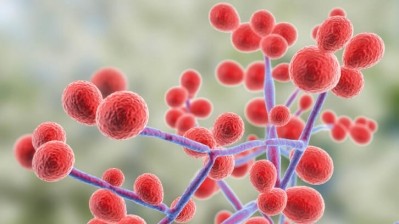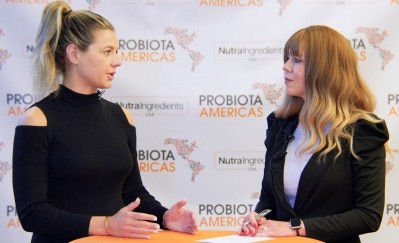Centenarian gut virome diversity may promote healthspan: Study

The biodiversity of the human gut is significant: In addition to bacteria (the microbiome), and fungi (the mycobiome), the gut also contains hundreds of thousands of viruses called bacteriophages (the virome or phageome), which can infect bacteria.
New data published in Nature Microbiology indicated that centenarians had a greater diversity of bacteria and viruses in their intestines, and that the viruses there are linked to an increased ability of those beneficial bacteria to metabolize sulfur, giving the gut a greater ability to convert methionine to homocysteine, sulfate to sulfide, and taurine to sulfide
“We speculate that in centenarians this translates to increased levels of microbially derived sulfide, which may lead to health-promoting outcomes,” wrote scientists from the Broad Institute of MIT and Harvard (USA), Keio University School of Medicine (Japan), the University of Copenhagen (Denmark), and the University of Helsinki (Finland).
Dr Damian Plichta, a group leader at the Broad’s Infectious Disease and Microbiome Program (IDMP) and co-author on the new paper, is a confirmed speaker at the upcoming Probiota Americas, where he will expand on the implications of these findings.
Centenarians
The study adds to a small body of science exploring how the microbiota and microbiome of long-lived humans may hold some key to healthy aging and longevity.
As reported in 2021 by NutraIngredients-USA, a distinct set of gut microbes in Centenarians may contribute to longevity.
The new study expands our knowledge in this emerging area, with data presented on the gut virome in 195 centenarians from Japan and Sardinia
Ramnik Xavier, director of the Immunology Program, co-director of the Infectious Disease and Microbiome Program (IDMP) at the Broad Institute of MIT and Harvard, told the Institute’s news service: “This snapshot of how the virome interacts with gut microbiomes could tell us about how microbial and viral ecology evolves over the lifetime of a person.
“This offers an important starting point for uncovering the mechanisms behind how the gut ecosystem maintains health.”
Study details
The centenarian viromes were compared with gut viromes of younger people (maximum age of 55).
The data showed that the Centenarians had not only a greater diversity of bacteria and viruses, and more viruses were also in the lytic life cycle, a phase more associated with infants than adults.
Importantly, significantly more of the centenarian virome had encoded genes that support sulfate metabolism.
For example, this could partly be explained by Desulfovibrio sp., “which are known sulfate reducers”, said the researchers. “These species and their associated viruses were enriched in centenarians.”
“A higher microbial output of H2S [hydrogen sulfide] has been reported to promote colonization resistance and protection against aerobic pathogens, where infection events lead to colonization resistance when taurine is converted by microbial taxa into hydrogen sulfide.”
”As the majority (~75%) of viral proteomes remain functionally unannotated, improved viral databases and annotation methods will be key for capturing the bigger picture of viral host complementarity,” they added.
“Additional sequencing efforts of both bulk and viral particle-specific enrichment samples combined with long-read sequencing technology will be of immense value for continuing the delineation of viral populations that may benefit human longevity.”
Probiota Americas
The topic of aging and centenarians will be further explored at the upcoming Probiota Americas event in Chicago, June 14-16. The Session, "Aging – what can learn from Centenarians?" will feature presentations by Damian Plichta, PhD, Group Leader, Computational Biology at Broad Institute of MIT and Harvard, and Mark Haupt, MD, Chief Medical Officer, IFF, plus a dynamic panel discussion.
Other sessions at the event include: The view from the CEO’s office & the state of the market; Tech advances to drive next gen solutions: A.I., CRISPR, -omics, & GM; Microbiome modulation to support women’s health; The opportunity for pets; Postbiotics – from gut to skin health; LBPs in the USA; and the regulatory landscape in North America.
Source: Nature Microbiology
Published online ahead of print, doi: 10.1038/s41564-023-01370-6
“Centenarians have a diverse gut virome with the potential to modulate metabolism and promote healthy lifespan”
Authors: J. Johansen, et al.















